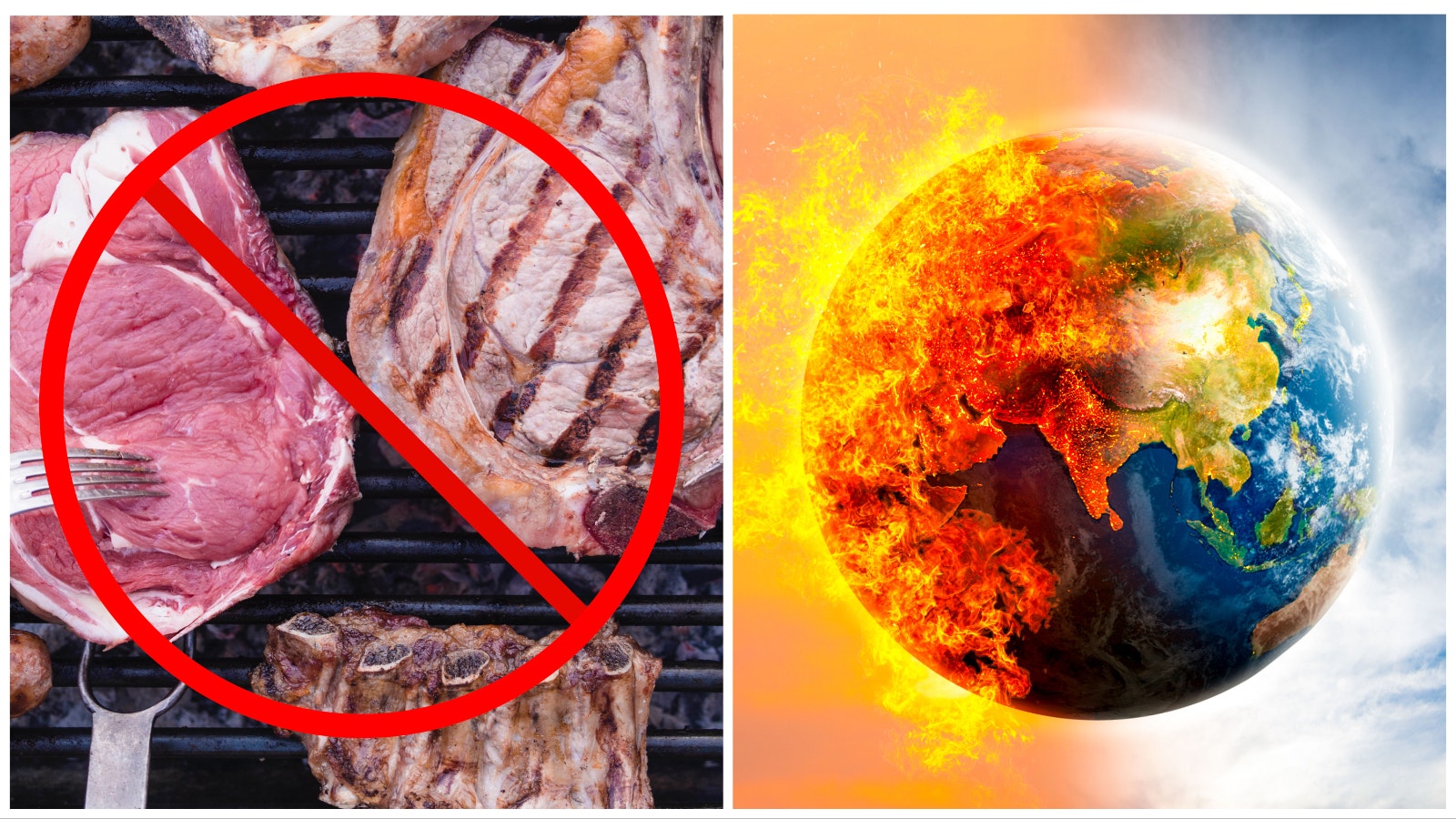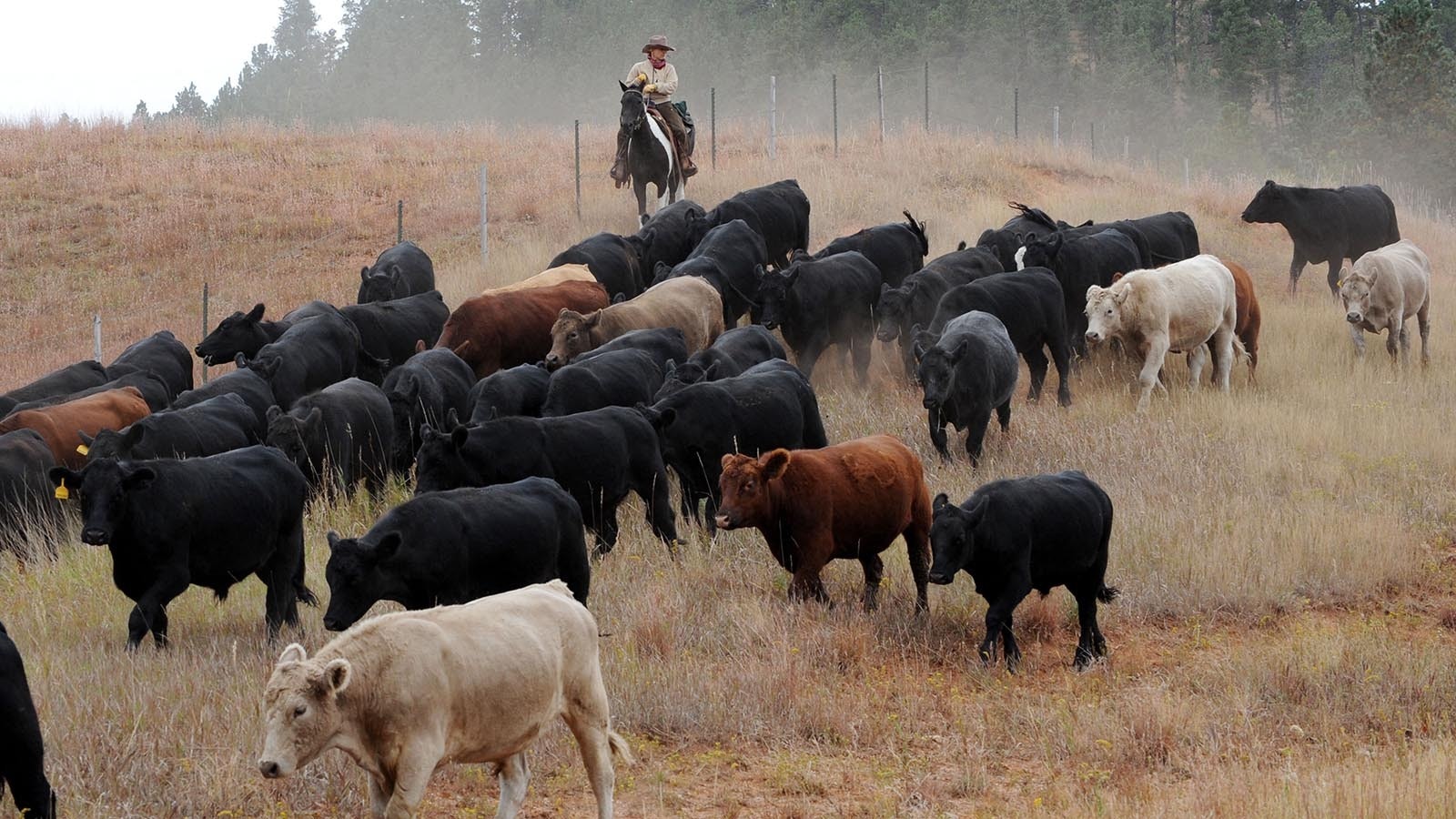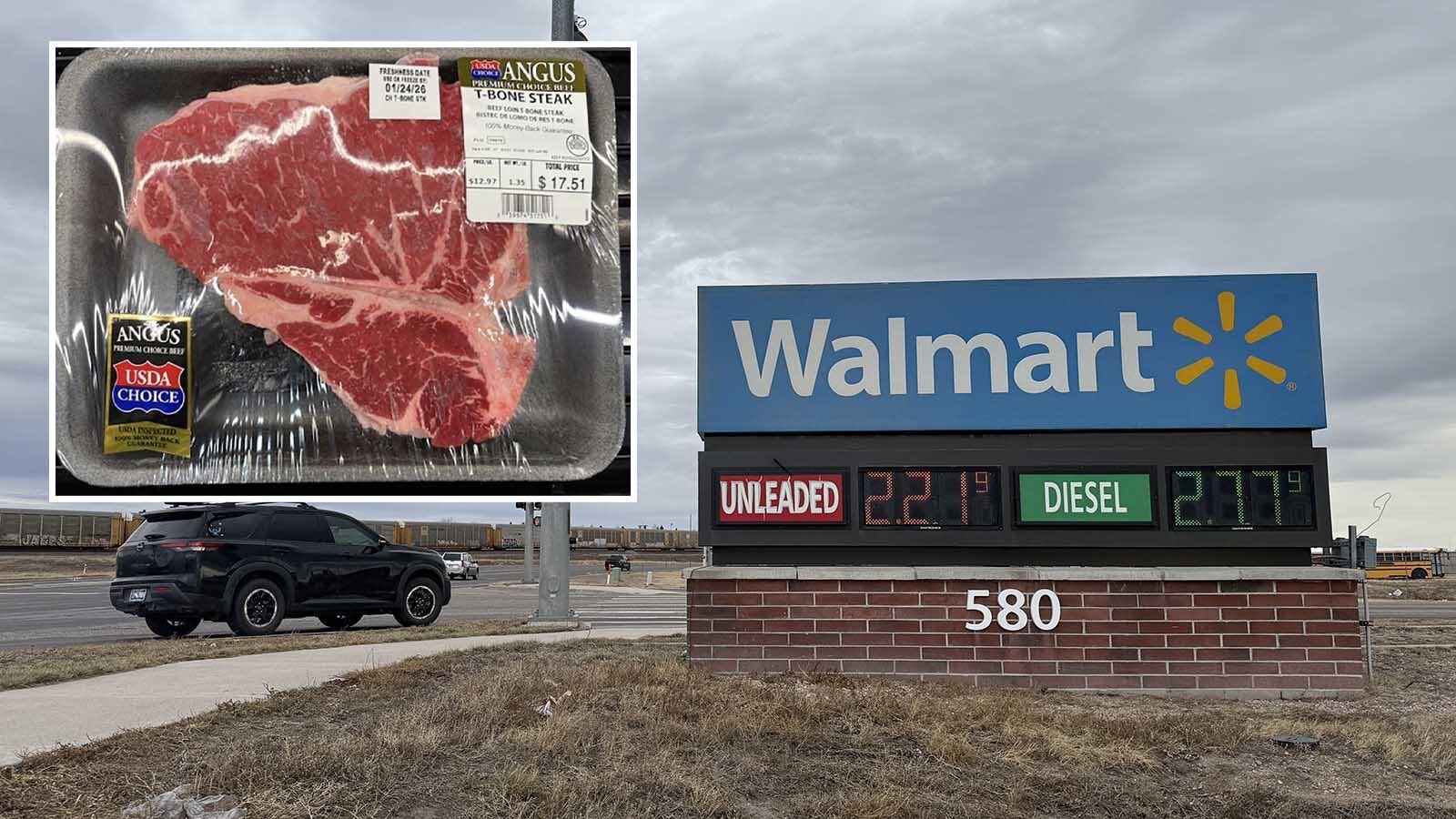If people don’t give up meat, the planet will be 1 degree warmer in 80 years.
That’s the conclusion of a new study published this week in the journal Nature Climate Change.
According to the study, meat from cows, sheep and dairy, as well as rice, account for 19% each of the contribution of greenhouse gas emissions in the course of producing those foods. Meat contributes 33%.
The authors, which include researchers from Columbia University, the University of Florida and the Environmental Defense Fund, recommend eating less red meat and limiting consumption of poultry, fish and eggs. This will decrease warming by 0.19 Celsius by the end of the century, according to the study.
Buffalo Gasses
The study is among other recent research recommending less meat to address climate change.
Activists have become more vocal in their criticisms of the environmental impacts of farming and ranching, with many of them calling for people to lower their carbon footprints by going vegetarian.
Dennis Sun, a veteran rancher and publisher of the Wyoming Livestock Roundup, told Cowboy State Daily that this obsession with emissions from cattle is just a way for those who advocate vegetarian diets to promote a meatless lifestyle. Meanwhile, this focus on cattle ignores all the wildlife that’s also producing greenhouse gas emissions.
“Go up to Yellowstone Park and measure greenhouse gasses from all the buffalo up there,” Sun said.
Sun said he’s also not convinced that a single degree of warming over the next 80 years is anything to be concerned about.
“I don’t think that’s had much of an effect this winter,” Sun said.
Ancient Superstitions
Tom Nelson, who describes himself as a “climate realist,” runs a podcast where he’s interviewed such figures as climate scientist Judith Curry, Greenpeace co-founder Patrick Moore and CO2 Coalition Chair William Happer.
Nelson doesn’t dispute that human-caused global warming is happening, but he doesn’t believe its outcomes are proving to be particularly disastrous, despite decades of predictions they would be.
“It has warmed since 1975, and humans may well be a part of that. But there’s nothing catastrophic happening,” Nelson told Cowboy State Daily.
Nelson said these proposed changes to individual behavior, which often goes beyond changes to our diets, is all getting way out of hand.
“It’s important to step back and realize that the whole thing is completely insane. All of this stuff about changing our behavior to change the climate is completely insane,” Nelson said.
Nelson compared it to the rituals of ancient superstitions, where droughts were believed to be caused by bad people, such as witches, angering gods.
“Climate change is the religion of people who think they’re too smart for religion,” Nelson said.
Negligible Impact
Cowboy State Daily reached out to the lead researcher of the Nature Climate Change study, Catherine Ivanovich with the Department of Earth and Environmental Sciences at Columbia University, and didn’t receive a response by the time this story was posted.
Jim Magagna, executive vice president for the Wyoming Stock Growers Association, said that the cattle industry is watching the rhetoric closely, but so far there haven’t been a lot of regulations impacting operations in Wyoming.
“There’s a lot of fake data out there. The real data is that cows contribute, and ranching in general contributes, a very minimal amount to global warming. It’s almost negligible,” Magagna said.
Magagna said that Wyoming producers operate on properly managed ranges, where cow manure fertilizes and increases the health of plants. This makes their roots go deeper and has a positive impact on carbon sequestration by returning more carbon dioxide to the soil.
These facts, he said, are never factored into the research on greenhouse gas emissions in farming and ranching.
Additionally, Magagna said, ranchers are building water improvements and doing other land management that benefits public lands and the wildlife on them.





